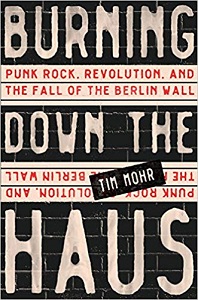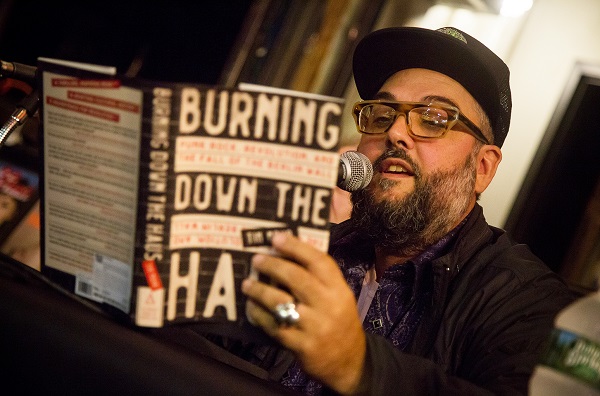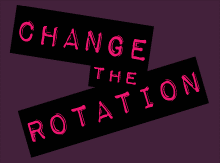Punk Rock Book Club: Tim Mohr's Burning Down the Haus
Steve O - May 7, 2019

Punk has a reputation as being something more than just a music genre. We like to think about all of the positive social impacts and political activism that can come out of the punk scene. And if you think you’ve heard stories like this before, get ready, cause you’ve never heard one like this. Tim Mohr’s Burning Down the Haus: Punk Rock, Revolution, and the Fall of the Berlin Wall is an incredible look into the punk scene in East Germany. And not only do you get the tour throughout a fledgling punk scene during the dawning of punk, you get the amazing story of political activism these punks took against the authoritarian East German state and their role in the social movements that led to the downfall of East Germany’s dictatorship.
To put everything into context, not only is this happening during the early 1980s, as punk started to spread across the world, but also during the waning years of the Cold War. For punks in East Berlin, their introduction to punk came from the airwaves – radio spilling over from West Berlin brought the sounds of the Sex Pistols, the Clash, Cock Sparrer amongst others, which the punks proceeded to record onto tape. Magazines smuggled in from the West illustrated the chaotic punk fashion. And so those kids who felt disillusioned with the planned state, conformity, and an overwhelming surveillance agency flocked to punk as their outlet. And thanks to their outrageous fashion, they eventually found each other.
Mohr guides the reader through essentially the whole decade from punk’s early years converging on Plänterwald, a youth club in a park in the southern part of the city to the squats founded across Berlin after the wall fell. Punk was dangerous during the dictatorship – the state’s surveillance agency, the Stasi, had eyes and snitches everywhere. And anything against the state caught their attention. Mohr’s account is filled with detainments and jail sentences for things as innocuous as not going to work (having a job was required in East Germany), spray-painting graffiti, or singing your lyrics at a show in public. Even being in a punk band and performing in public was technically illegal and keeping your lyrics written down was an absolute no-no – in the event of a raid the Stasi would have hard evidence of your crime against the state.
One of the most fascinating relationships cultivated was between the punks and the church, strange bedfellows if ever there were any. But the church had a little bit of autonomy from the dictatorship and a program called Open Work, which provided a space for all sorts of groups. And so the punks cultivated a relationship with the church and other activist groups, such as peace and environmental organizations. This led to some huge festivals, which just built up steam for activism and bringing more kids into the punk fold.

Mohr gets most of his tales from those who were directly involved in the scene. It is an intimate look into a familiar world, but one that is so dissimilar at the same time. It is an astonishing story of punk’s role in political activism against one of the most powerful, dictatorial enemies punks have ever faced off against. And so it is an inspiring account of the power of punk in the political world as well. So you should probably give Burning Down the Haus: Punk Rock, Revolution, and the Fall of the Berlin Wall a read. It’s worth your time. Head over here to see if you can pick it up at your local library: https://www.worldcat.org/title/burning-down-the-haus-punk-rock-revolution-and-the-fall-of-the-berlin-wall/oclc/1055014834&referer=brief_results
